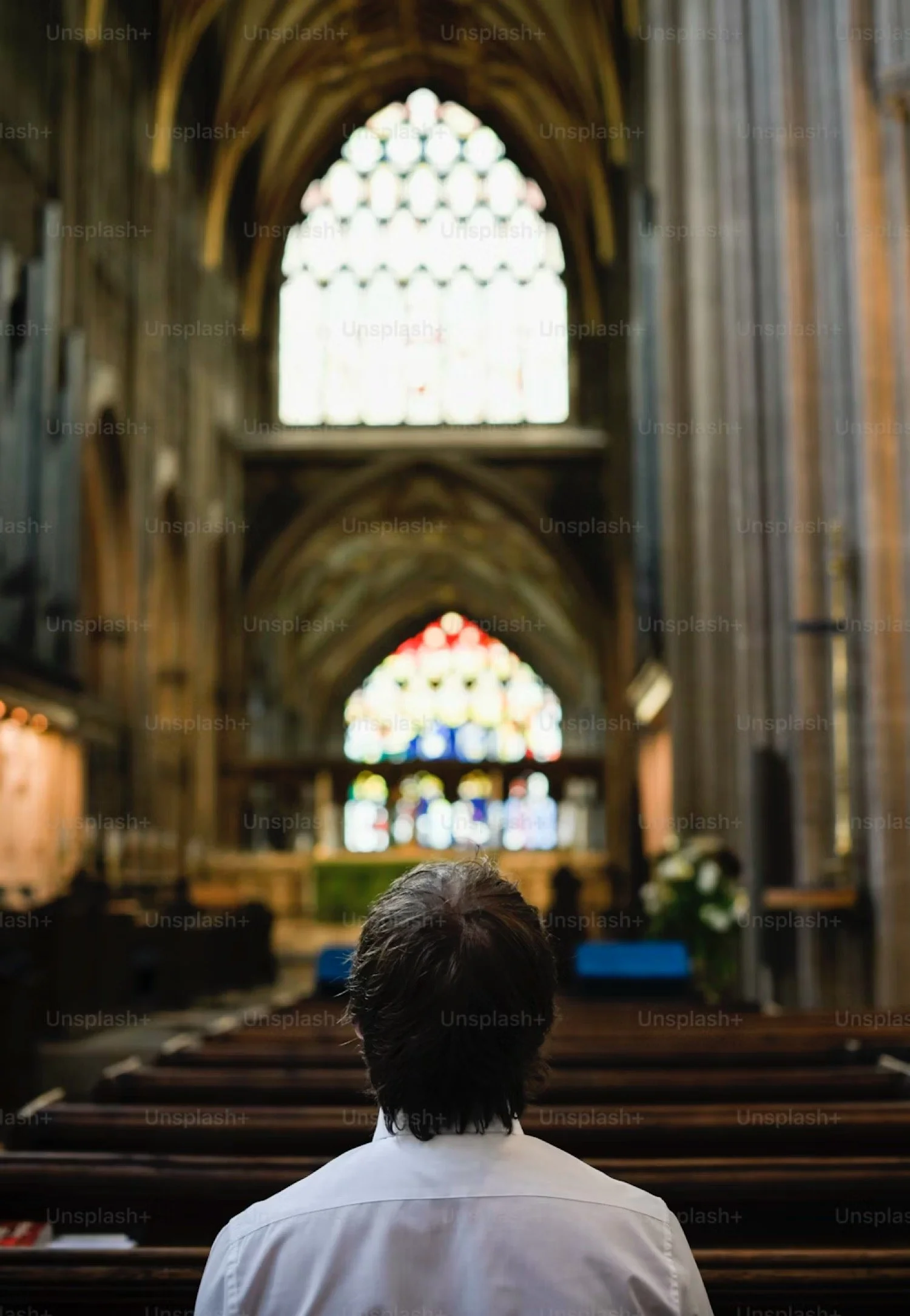Readings for today: 1 Kings 5-6, 2 Chronicles 2-3
There is little direct archeological evidence for the existence of Solomon’s Temple. This is mainly due to the ban on excavations on the Temple Mount since it is a holy site for Islam. However, there is plenty of circumstantial evidence that exists. The Western Wall is the retaining wall built during that period by Solomon so he could flatten the top of the mount and build upon it. On the Eastern Wall of the Temple Mount, there are stones dating back to the First Temple period. An ancient gate house has been discovered in front of the Temple Mount that guarded something sacred on top. And perhaps most persuasive of all are the discoveries made during the Temple Mount Sifting Project which combed through some 9000 tons of dirt that was illegally removed from the Temple Mount by Islamic authorities using heavy equipment and without any concern for its archeological significance. The debris was dumped unceremoniously into the Kidron Valley, among other places, and included bits of pottery, coins, tools, and animal bones from the First Temple period.
Solomon’s Temple would have been a wonder of the ancient world. As such, the temptation would be to worship the structure itself rather than see it as a means to a much greater end. As beautiful as the Temple must have been, it could not contain the fullness of God’s glory. As much as it represented the house of the Lord, it was not God’s permanent residence. God was not trapped there. God did not live there. Perhaps this is why the Lord offers a warning to Solomon even in the midst of his greatest building project. “As for this temple you are building, if you walk in my statutes, observe my ordinances, and keep all my commands by walking in them, I will fulfill my promise to you, which I made to your father David. I will dwell among the Israelites and not abandon my people Israel.” (1 Kings 6:11-13 CSB) The key here is not the nature of the building itself but the life Solomon and his people will lead. If they are faithful to obey the Lord and walk in His ways, He will be faithful to fulfill His promise to them and never abandon them.
God always fulfills His promises. Even when we inevitably sin and fall short. Falter in our steps. Fail to observe His commands. He remains faithful. The story of the Old Testament is the story of a God who refuses to abandon His people despite their rebellion and sin. He refuses to leave them or forsake them. Even when He judges them and sends them into exile, He will go with them, proving to them that the Temple is not His only home. And with the outpouring of the Holy Spirit on Pentecost, God now makes His home in the heart of every single believer. It’s why the Apostle Paul says we are God’s Temple because the Spirit of God lives in us. (1 Corinthians 3:16)
Readings for tomorrow: 1 Kings 7-8, Psalms 11




